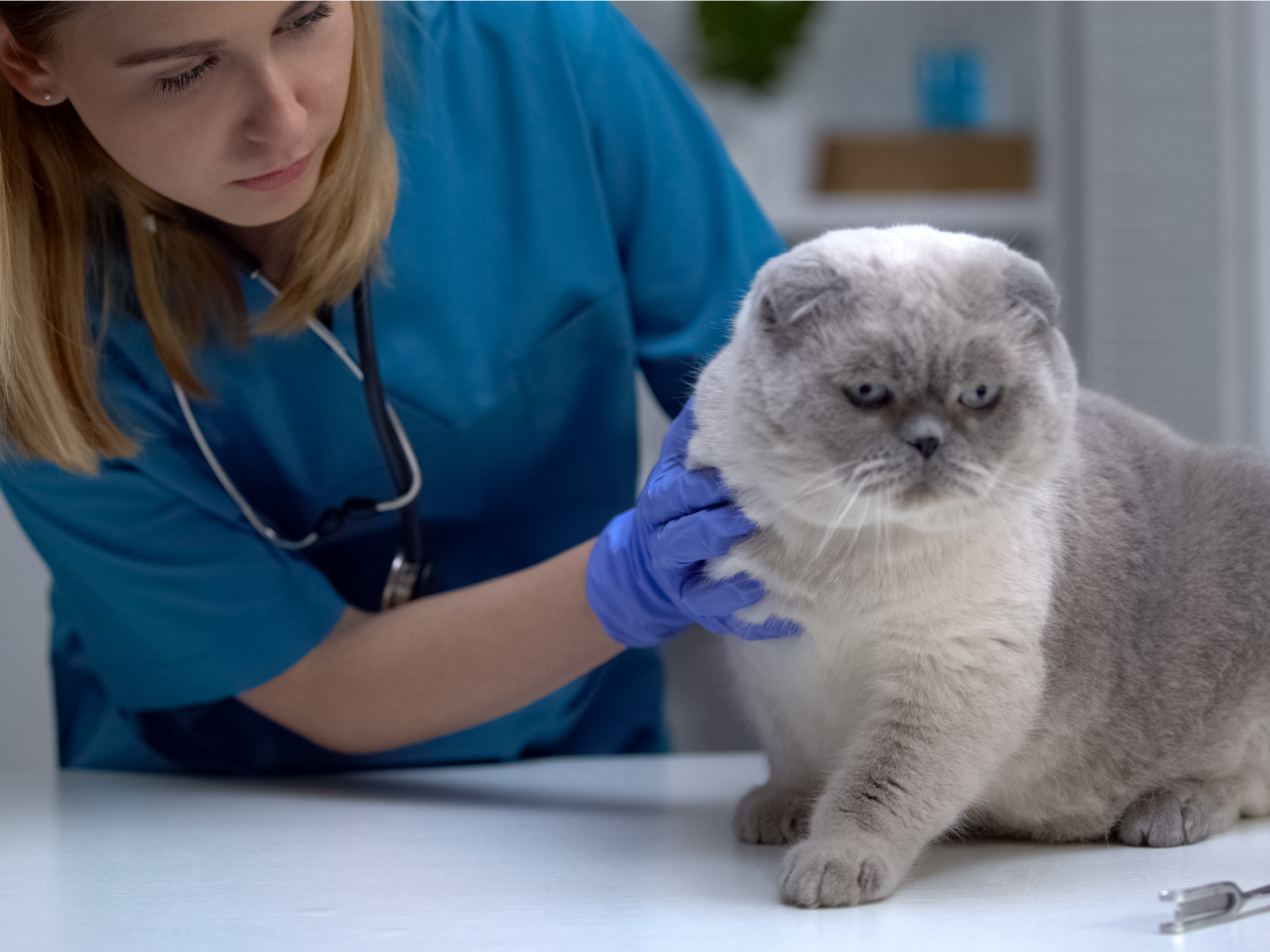
Being a pet parent is a huge responsibility that involves ensuring that your pet is happy and healthy. You must make sure that your pet is safe throughout their life. This is where wellness exams come in.
Wellness exams play an important role in ensuring that your pet is healthy. They also help ensure prompt detection of disease, proper diagnosis, and correct treatment. How often your pet requires wellness exams will depend on different factors.
How Often to Get Pet Wellness Exams?
To ensure that you monitor and maintain your pet’s health properly, you should schedule annual visits to the vet. A complete physical checkup will help determine the pet’s health and overall condition.
Your vet will recommend more frequent visits if necessary. This will depend on your pet’s current health condition and age. A senior pet, or a pet with a certain health condition, will require more frequent wellness checks.
During the Wellness Exams
During the wellness exam, the vet will begin by asking questions about the animal. At this point, you can bring up any concerns that you may have about your pet’s health or behavior. You will discuss issues concerning your pet’s overall well-being.
The vet will ask questions to understand any pre-existing health conditions your pet may have. From the discussion, your vet may recommend ways to best take care of your pet. You can receive information about diet, exercise, and other products to take care of all your pet’s needs.
A Complete Physical Exam
During the wellness exam, your pet will undergo a complete physical checkup. The examination allows the vet to look for signs of abnormalities. The checkup will help ensure that the pet is in good condition physically.
If the checkup yields anything that may indicate a problem, the vet will recommend further testing or immediate treatment. Some of the checks conducted during the physical exam include checking the vitals — respiration, pulse, and temperature. It also includes inspecting the eyes, ears, and mouth, looking for overgrown nails, and evaluating joint movement.
Conducting Additional Tests
In some cases, and depending on the results of the physical exam, the vet may decide to conduct some tests. The tests include blood tests, urine tests, fecal testing, and parasite tests. The vet may also decide to take X-rays.
The tests help identify potential health issues that may be undetected through physical examination. The tests will help ensure proper diagnosis and prompt treatment. You can detect several health conditions using the tests. They include heartworms, kidney and liver disease, diabetes, and thyroid disease.
Preventative Pet Care
During the wellness exam, your pet can receive vaccinations or preventative treatment. The vet can administer these during the wellness exam, helping reduce the trips you make to the vet. Getting the vaccinations during the wellness exam will also help ensure that you do not forget vital care. Keeping up-to-date vaccinations is vital for preserving your pet’s health.
Taking your pet to the vet is an important part of keeping them healthy. The wellness exams enable the vet to keep track of your pet’s growth and changes in health.
For more on pet wellness exams, visit Dr. Mike's Affordable Vet Care at our office in Arlington, Texas. You can call (817) 663-8160 today to schedule an appointment.









